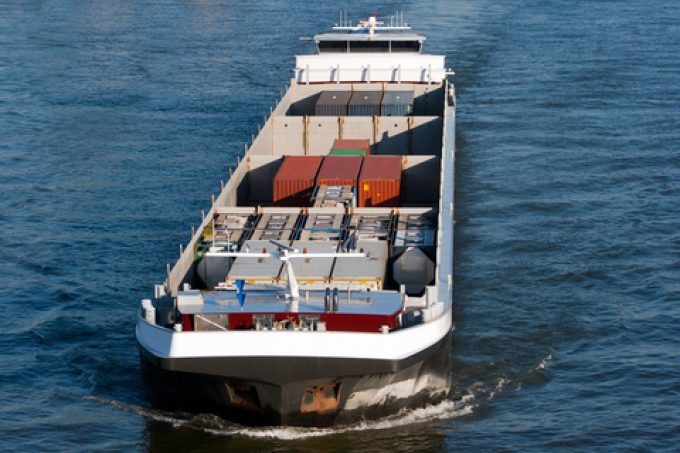Mississippi barge quagmire leaves exporters looking for alternative routes
Anxiety has been growing among US agriculture exporters as barges limp down a Mississippi River ...

Barge surcharges in Europe have soared 150%, due to hinterland congestion and container transport’s need to compete with demand for coal following Russia’s decision to cut gas supplies.
Contargo announced it would be increasing an emergency surcharge of €10 per transport of full or empty containers ...

Comment on this article